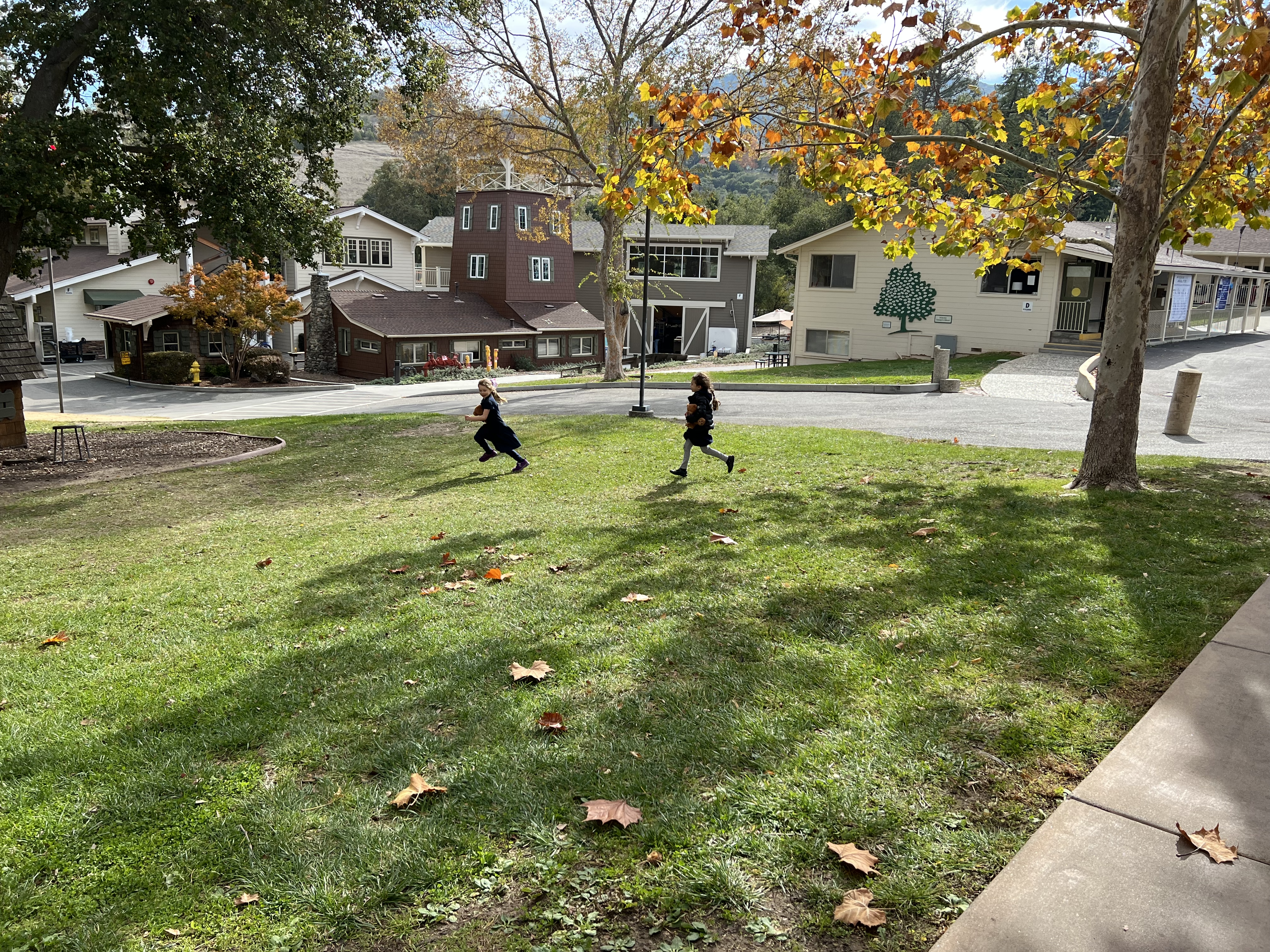Contributed by Julia Rubin, 6th & 8th Grade English Teacher
Before departing for February break, eighth graders welcomed visiting scholar and Hillbrook parent, Dr. Strohman to English class to guest lecture and lead Q&A in support of their study of Shakespeare’s tragedy, Macbeth.
During her visit, Dr. Strohman shared her scholarship on notions of queenship, motherhood, and the question of succession, particularly during the reign of Queen Elizabeth I, who called herself the “Mother of England,” pushing back against the dominant patriarchalism of the period. Beginning her lecture by addressing the transition from Queen Elizabeth to King James (to whom Macbeth was dedicated), conversation then turned toward larger questions eighth graders had about witchcraft, social norms, and expectations for women of the period, and, looking outside of Shakespeare’s play, Dr. Strohman’s experience as a scholar of literature, especially given that she herself is a mother and studies motherhood.
The product of students’ curiosity was a much deeper understanding of the topics which sparked their interest in the play. For example, students learned that during the period in which Macbeth was written, there were different views of witchcraft: one, popular in rural areas, tended toward magical and folkloric influences, and the other, centered in urban areas, named witches as demons. King James’s work The Demonology addresses this idea directly, and given the emphasis on witches in Macbeth, King James’ obsession with witchcraft was explicitly addressed by Shakespeare in his writing of the play.
As discussion unfolded, it became clear that the interplay between notions of witches versus mothers presents itself most clearly in the play through the two significant female characters in Macbeth, Lady Macbeth and Lady Macduff. While Lady Macduff upholds all expectations of women at the time, namely that she is obedient, chaste, and silent, Lady Macbeth represents all that is opposite. She is moreover neither maternal nor nurturing, and would have been considered “unnatural” and “unruly” as her will to power leads her to contribute to more and more extreme acts of violence over the course of the play. As Dr. Strohman noted in her lecture, Lady Macbeth might have even been called “monstrous,” an important descriptor for witches at the time.
We will soon follow up this immersive learning experience with an opportunity to attend a live production of Macbeth. Having learned so much in anticipation of seeing the play, the live production is sure to be a treat!

